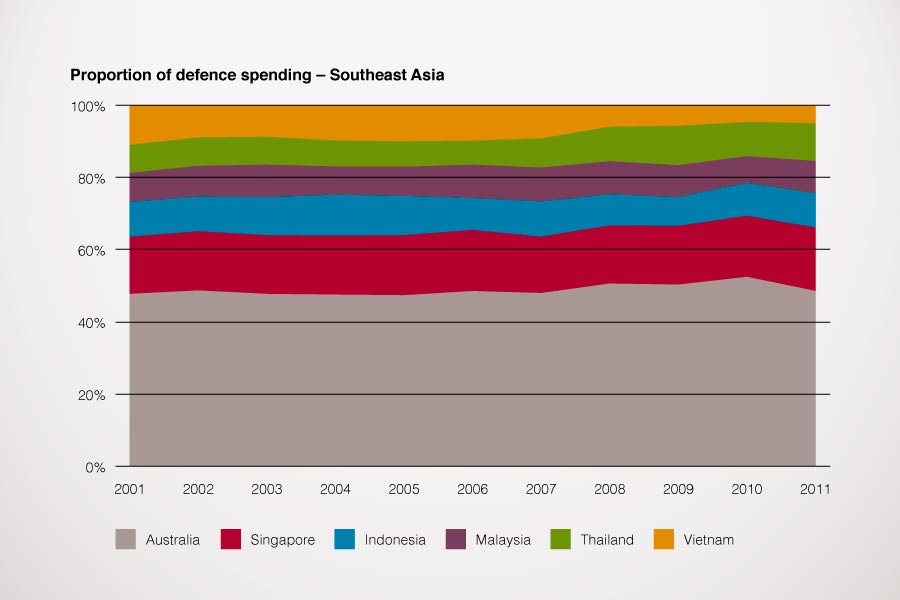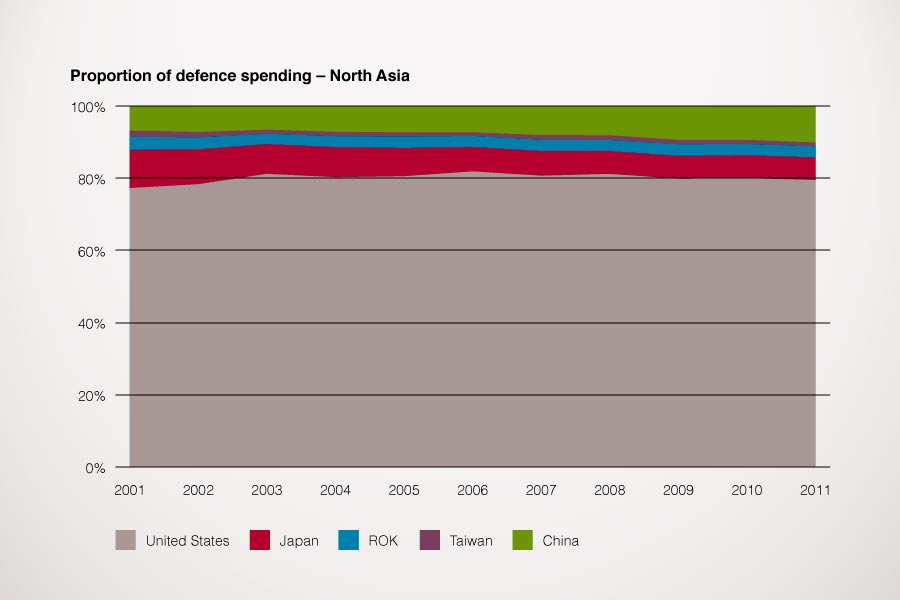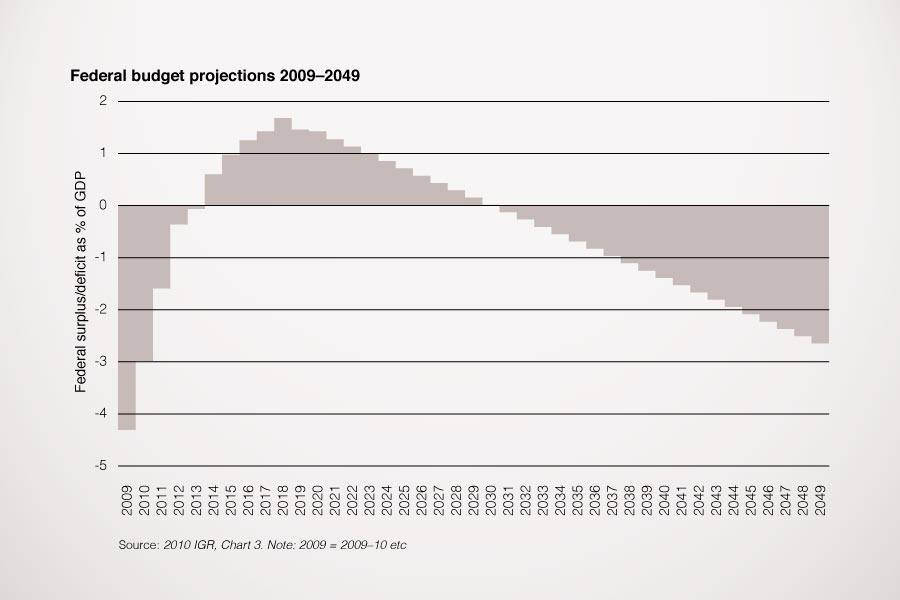Reader response: defence is not an insurance problem
I want to decline Paul Monk’s offer to see Australian defence policy as an insurance policy. I think there are three good reasons for doing so.
The first has to do with the nature of military force. An insurance policy pays out only if disaster strikes; otherwise the ‘premium’ is essentially a donation to the insurance company’s profits. But an extant military capability pays out even in peacetime. Indeed, the best theorists of the use of force—people like Robert Art, for example—will tell you that force is principally used gravitationally rather than directly. That is to say, it is used more as a ‘shaper’ of events, than as an instrument of conflict. It ‘pays out’ every day, exactly the way nuclear weapons did during the Cold War, for example.
The second has to do with methodological utility. I honestly don’t see the gain in seeing defence as an insurance policy. Paul’s second paragraph suggests that the 2009 Defence White Paper was wrong to see China as a threat and to devise a future ADF around that perception. But why couldn’t the authors of that White Paper just say they were taking out insurance against a rising China? They might fairly describe their efforts in just such a fashion. So how does seeing defence as ‘insurance’ help? How does it give us better outcomes? Read more


